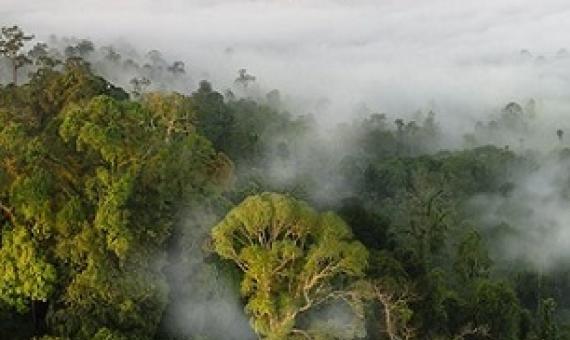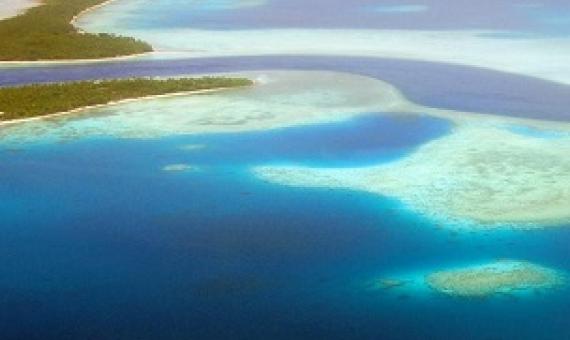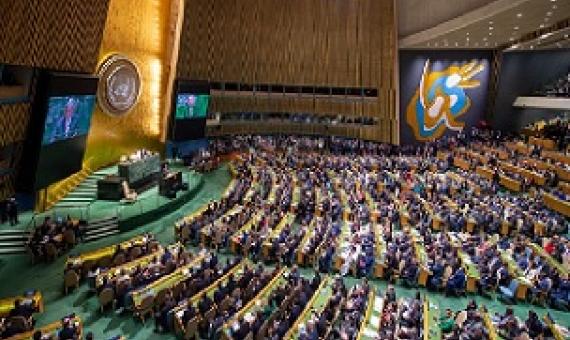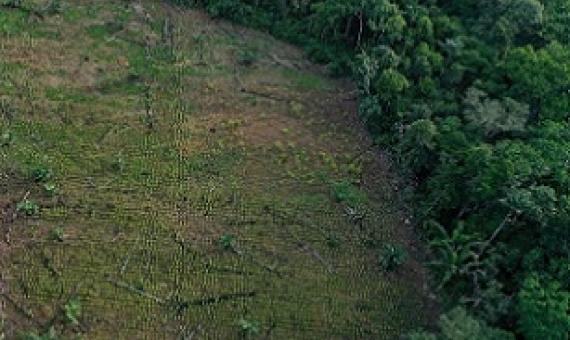In a report presented Wednesday to the United Nations General Assembly’s Social, Humanitarian & Cultural Committee, Calí Tzay, highlighted multiple human rights violations committed to create and enforce protected areas, ranging from the expulsion of Indigenous peoples from the
A beleaguered global deal to save the environment got a financial boost last week when Germany announced that it was upping its funding for international biodiversity conservation to €1.5 billion (US$1.49 billion) a year — an increase of €0.87 billion — making it the largest national financial pl
From UN headquarters in New York, what did IUCN see from the UN's 5th session of the Intergovernmental Conference on conservation and sustainable use of marine biological diversity beyond areas of national jurisdiction (also known as the High Seas Treaty)? The negotiations got very close to
With only a few short months until Cop15 in Montreal, governments are gearing up to create targets on biodiversity for the next decade. The world has so far failed to meet any UN targets on halting the loss of nature, yet awareness of the challenge is greater than ever.
UN member states ended two weeks of negotiations Friday without a treaty to protect biodiversity in the high seas, an agreement that would have addressed growing environmental and economic challenges.
United Nations negotiators have begun talks in Nairobi towards reaching a new global pact for protecting nature and wildlife, after a previous round of talks in March failed to make progress.
On the table for consideration at the United Nations Convention on Biological Diversity (CBD) this year are ambitious goals to protect 30 percent of the world’s terrestrial and marine habitats by 2030, known colloquially as 30x30.
“I think the 100% Ocean management is the critical agenda that needs to be pushed forward. When you say 100% management, it could mean a lot of things but it should be tied to the issues each of the nations are facing,” stated Minister Steven Victor of the issues that Palau would bring to t
Can humanity curb spending that harms the world's biodiversity and instead focus funding on protecting it? That question is at the heart of international negotiations in Geneva, which will set the stage for a crucial United Nations COP 15 biodiversity summit in China later this year.
Expanding nature reserves to cover at least 30 percent of the planet by 2030 is the flagship proposal of high-stakes talks to rescue Earth's animals and plants from human destruction.
















